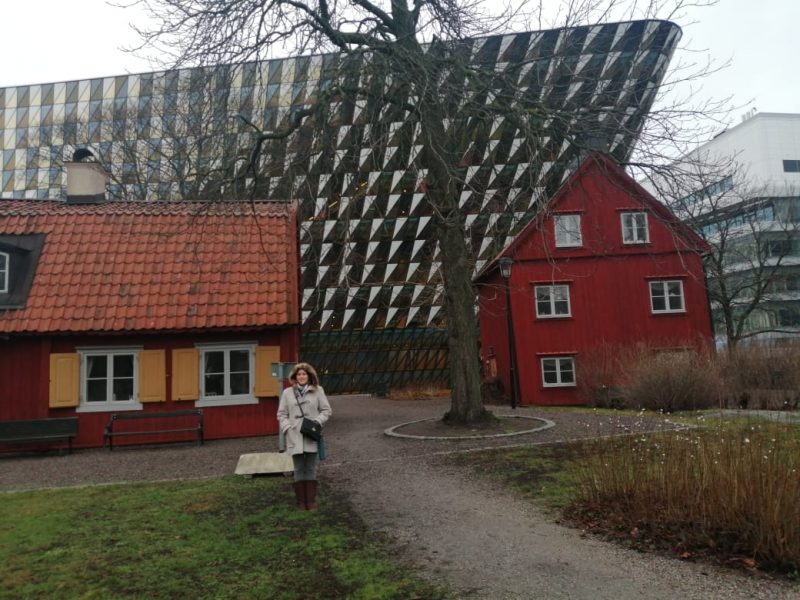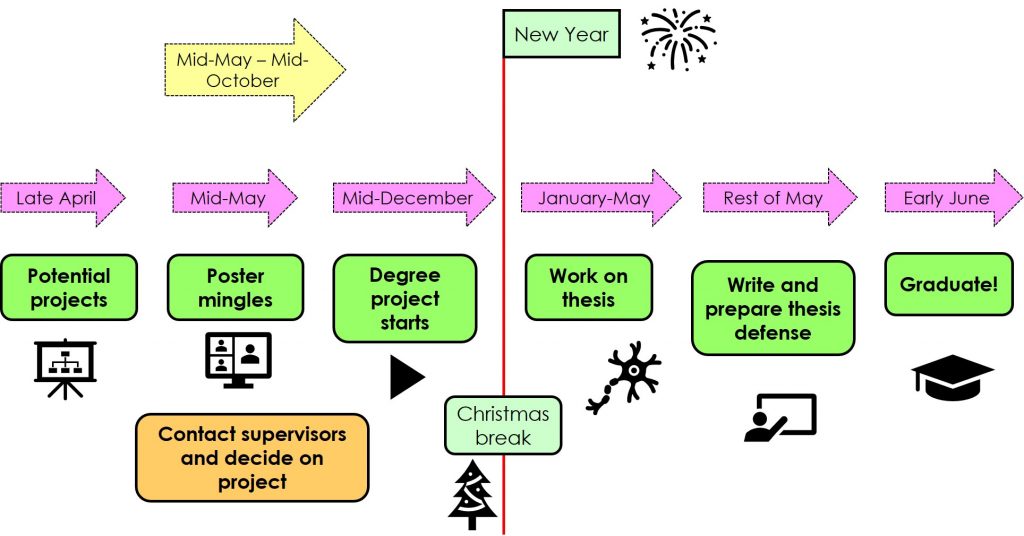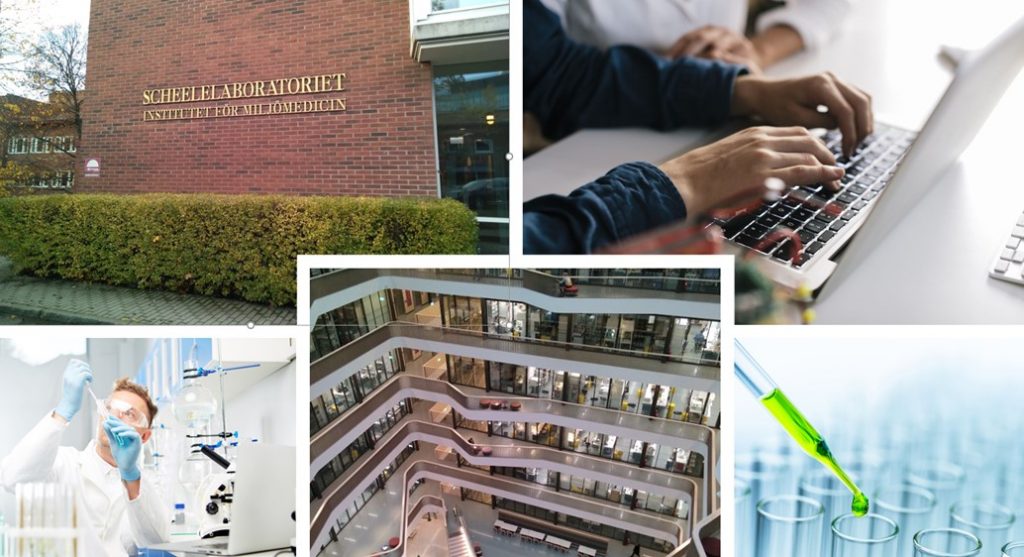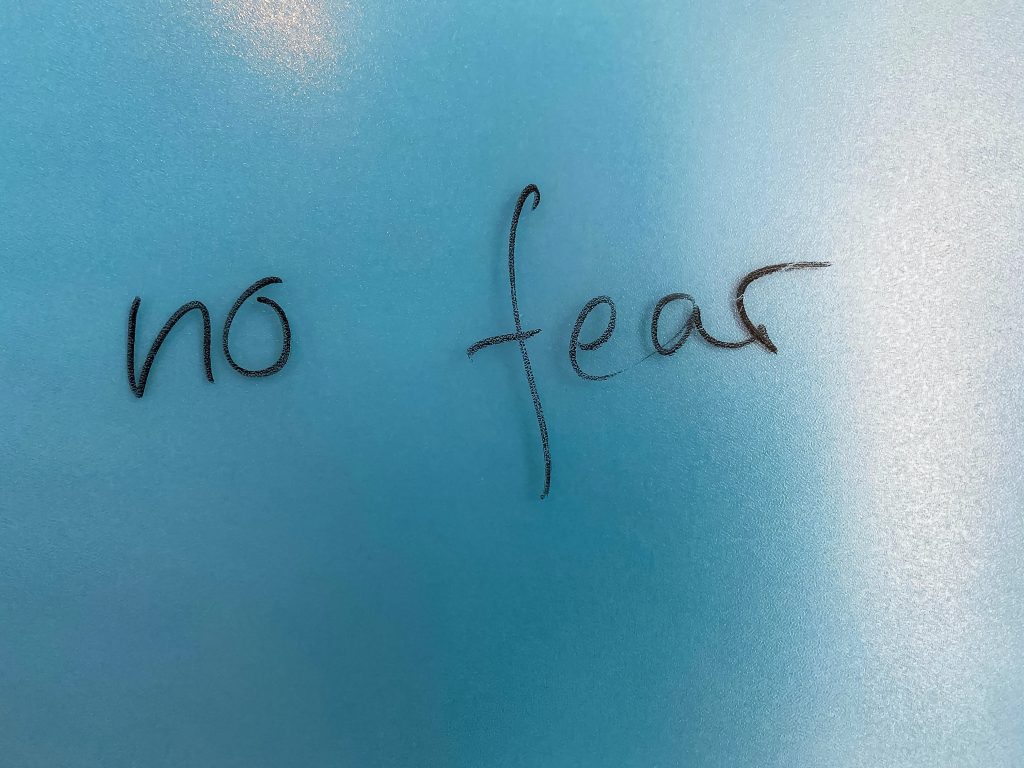
It is thesis time!
Hello everyone! This time we will talk about a hot topic: The master thesis project in Toxicology! For me, the time to start working on my thesis has come. As a consequence, here I will share some of the most relevant aspects of the whole process. Also, I will talk about some of the potential projects and places in which you can carry on your master project. Finally, I will discuss a little bit on how you can get to do your thesis abroad, as well as some general advices for your projects.
The process
Despite that the formal start of the master thesis project is 2 weeks before Christmas break, the whole process is a little longer than that. Indeed, the presentations of potential supervisors and topics happens already in late April. Later in May, first year students have a poster mingle with second year students. In this mingle, there is the chance to ask questions to older students about their projects and their experiences during thesis. I think that this is an amazing opportunity to get familiar with some of the topics. Also, such mingle gives you the chance to get tips from second year students on how to get a thesis placement in a pharma company, for instance.
Then, from May to October you will have time to think, contact and decide on which project and supervisor you want. Depending on the place and supervisor, they may ask you to send CV and motivation letter. In addition, they can ask you for an interview before deciding. This is because sometimes there are more candidates than available projects. Finally, you carry on a project from mid-December till mid-May. During the rest of this month, you work on your report and presentation defense.

Potential project topics
Given that the Toxicology program is very wide and has different study areas, the possibilities for thesis topic are also wide. In order to pick up the right topic for you, it is important that you define if you are a toxicity/safety testing or risk assessment person. This is because these areas are very different in regards of practical work and literature research. In the toxicity testing area, you will have lab work, while in the risk assessment area your work will be mostly theoretical and statistical.
Some examples of project topics divided by area are listed in the next table:
| Toxicity/Safety Testing | Health Risk Assessment |
| Endocrine disrupting chemicals and their contribution to metabolic disease | Development of an automated tool for evaluating toxicological evidence for health risk assessment |
| Epigenetic effects of endocrine disruptors | A cohort study in patients exposed to cadmium |
| Drug safety and predictive toxicology | Change of regulatory limit values over time |
| Proteomics profiling | Chemical exposure in a changing climate |
| Assessment of cancer risk associated with air pollution mixtures | Cohort studies in human populations exposed to pesticides |
| Airway immune responses to microbial and environmental stimuli: IL-26 and other IL-10 family cytokines | Health risks of cleaning agents |
Places where you can carry out your master thesis project
As we saw in the previous section, there are plenty of topics to choose for your thesis. As a consequence, the possibilities to carry the thesis out at different places are also wide. Of course, the place where you will carry on your thesis will depend on the project and supervisor you choose or are selected for. However, some examples of places where you can perform your thesis include:
- Biomedicum labs at KI
- IMM at KI
- Stockholm University
- Pharma industries (either in Stockholm or in another city)
- Biotech companies (usually within Stockholm)
- Public Health Agency of Sweden
- KEMI (Swedish Chemicals Agency)
- RISE (Research Institutes of Sweden)

So, as you can see there are several options! And this implies that you can earn a lot, a lot of practical and work experience and also learn beyond what we learn during the masters.
Advices
To conclude with this blog, I would like to provide you with some advices that I consider will be very useful during the whole thesis process:
- Be clear on which area you like the most: Molecular/Cellular or Risk Assessment
- Take notes on the project presentations you liked the most and rank them according to your preferences
- Take your time to think on which project you would really love
- Make a plan/calendar to start contacting possible supervisors. Make lists of questions and ask which requirements they need
- Prepare CV, letters and other documents the supervisors may request
- Ask all questions you have to second year students during the poster mingle
- When you already have project and supervisor, make a plan for your thesis activities
- Keep in touch with your supervisor and ask all questions you have at anytime
- Do not procrastinate, thesis is really important and you want it to be the best of all your creations

I hope you enjoyed this last blog and if you have questions on this course, do not hesitate and contact me!
Aline Colonnello
gloria.aline.colonnello.montero@stud.ki.se
Aline Colonnello - Toxicology
My name is Aline Colonnello Montero, I am twenty five years old and I come from the wonderful but busy Mexico City. I consider myself to be a perseverant person who works hard to meet all my goals and ambitions. I have a bachelor’s degree in Biology and I currently study the Master’s programme in Toxicology at Karolinska Institutet. My job as part of the digital ambassadors’ team consists on writing blogs

1 comments